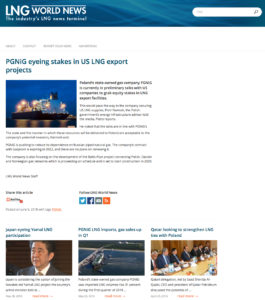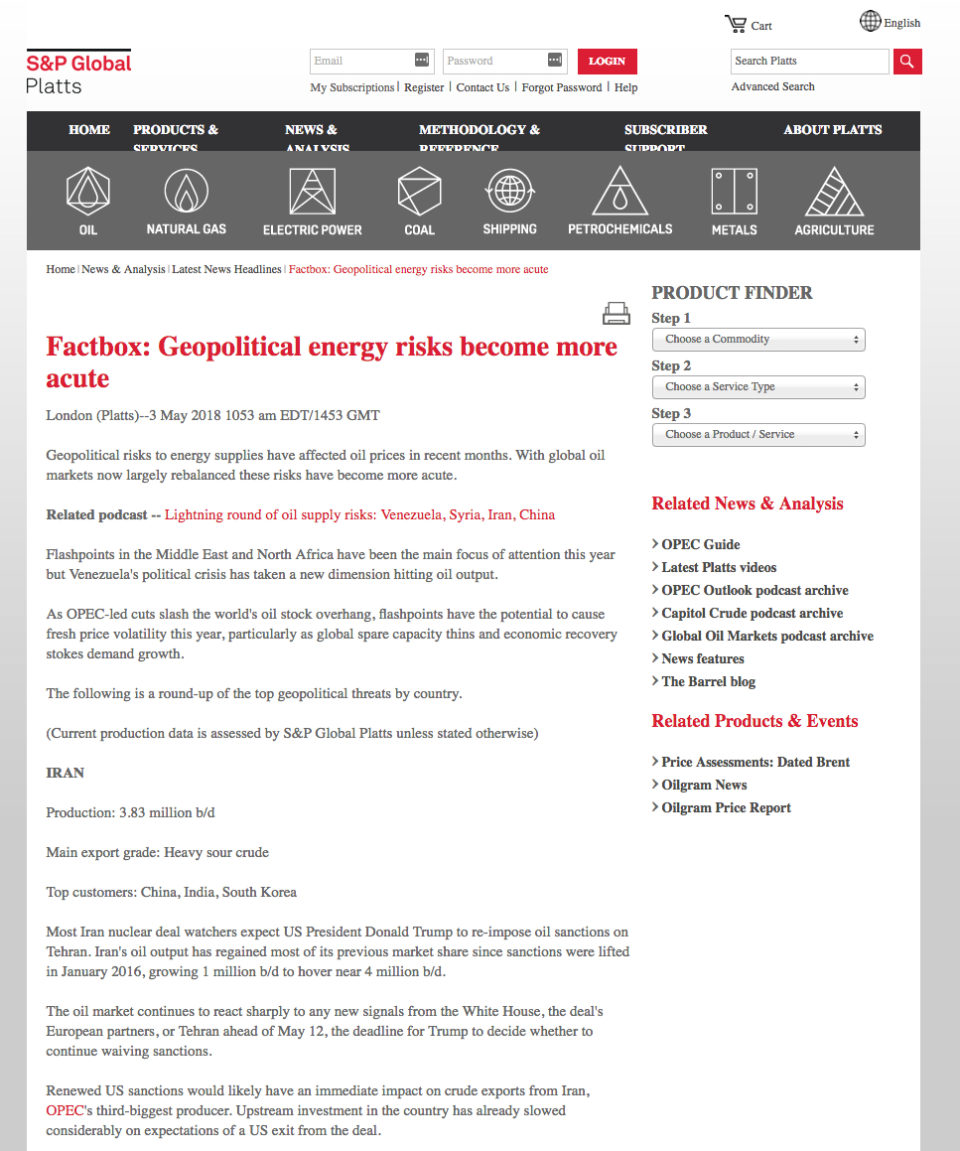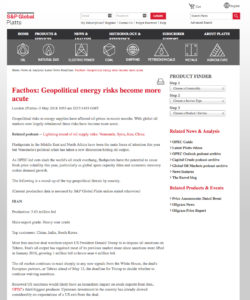Geopolitical implications of US oil and gas in the global market 22/06/18 • bit.ly/2L3yvAZ
 According to Samantha Gross, Fellow, Cross-Brookings Initiative on Energy and Climate, the renaissance in US oil and gas production has been remarkable.
According to Samantha Gross, Fellow, Cross-Brookings Initiative on Energy and Climate, the renaissance in US oil and gas production has been remarkable.


 European governments must not be detracted from developing a unified strategy to prevent Russian energy interventions, speakers agreed at a 24th May Atlantic Council forum.
European governments must not be detracted from developing a unified strategy to prevent Russian energy interventions, speakers agreed at a 24th May Atlantic Council forum. 
 Flashpoints in the Middle East and North Africa have already been the main focus of attention this year and have the potential to cause fresh price volatility, particularly as global spare capacity thins and economic recovery stokes demand growth.
Flashpoints in the Middle East and North Africa have already been the main focus of attention this year and have the potential to cause fresh price volatility, particularly as global spare capacity thins and economic recovery stokes demand growth.